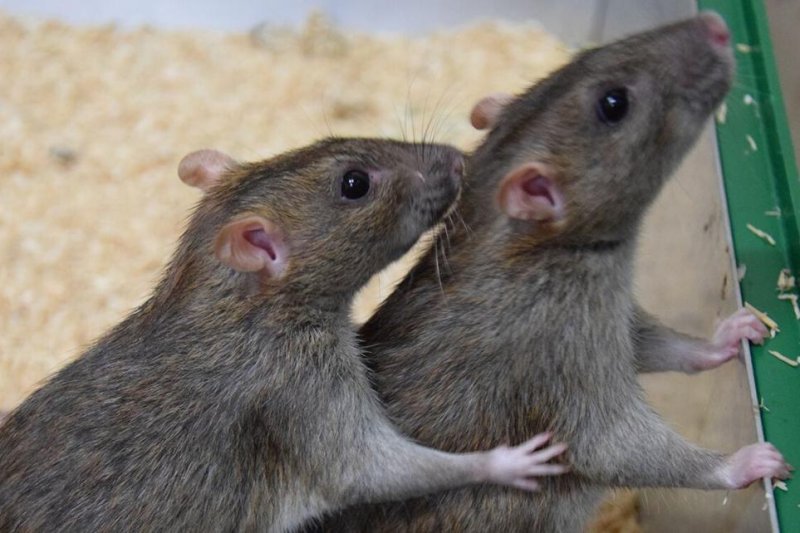Feb. 5 (UPI) -- Like humans, rats cooperate. According to a newly published study, rats engage in reciprocal behavior, helping out those who helped them.
In experiments conducted at the University of St. Andrews, researchers found rats were more likely to assist their peers with grooming if the peer shared food.















